Important of medical caster wheels
Q: What are medical casters and why are they important in the healthcare industry?
A: Medical casters are specially designed wheels that are used on equipment such as hospital beds, mobile carts, and other medical devices. They are an important component of any healthcare facility, as they enable healthcare professionals to easily move heavy equipment and patients from one location to another.
Q: What are some benefits of using medical casters in healthcare facilities?
A: One of the most important benefits of medical casters is their ability to improve patient care. With the use of medical casters, healthcare professionals can easily move patients to different areas of the facility for testing or treatment. They also allow for easier positioning of patients for surgery or other procedures.
In addition, medical casters can help to increase efficiency within healthcare facilities. Since medical equipment and devices can be easily moved around with the use of casters, healthcare professionals can quickly respond to patient needs without having to waste time and energy manually moving equipment.
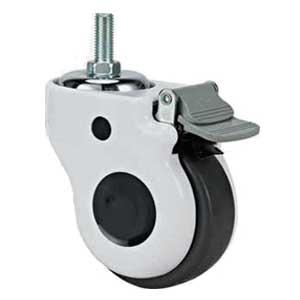
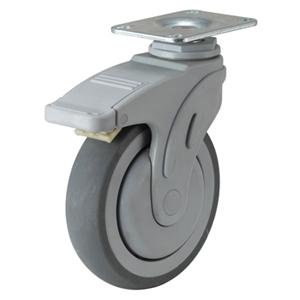
Another benefit of medical casters is their ability to improve safety. Most medical casters are designed with locking mechanisms that prevent equipment and devices from rolling away or tipping over. This can help prevent accidents and injuries within healthcare facilities.
Q: What are some factors to consider when selecting medical casters for healthcare facilities?
A: When selecting medical casters, there are several factors that should be considered. First, it is important to choose casters that are appropriate for the weight and size of the equipment or device they will be used on. This will help ensure that the casters can safely support the load.
It is also important to consider the type of flooring within the healthcare facility. Some medical casters are better suited for use on carpeted floors, while others are designed for use on hard surfaces like tile or concrete.
The environment in which the medical casters will be used is another factor to consider. Some casters are designed to withstand exposure to harsh chemicals or extreme temperatures, while others may not be suitable for use in these types of environments.
Finally, it is important to consider the type of movement required for the equipment or device. Some casters are designed for straight-line movement, while others can swivel or provide multi-directional movement. Choosing the right type of caster can help ensure that the equipment or device can be easily maneuvered in the desired manner.
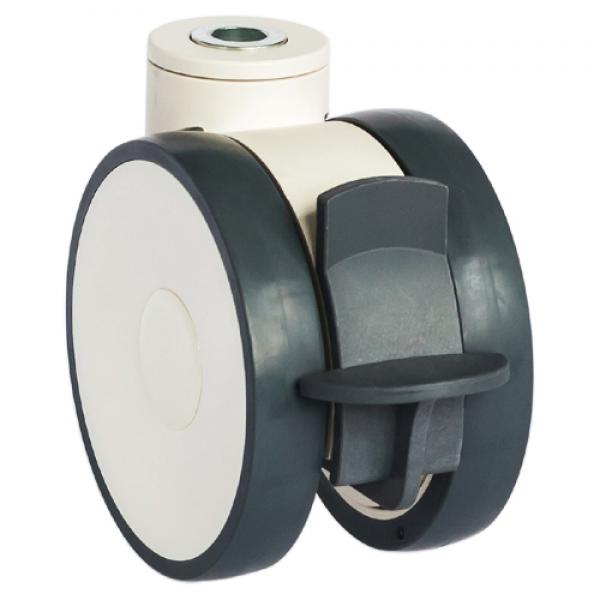
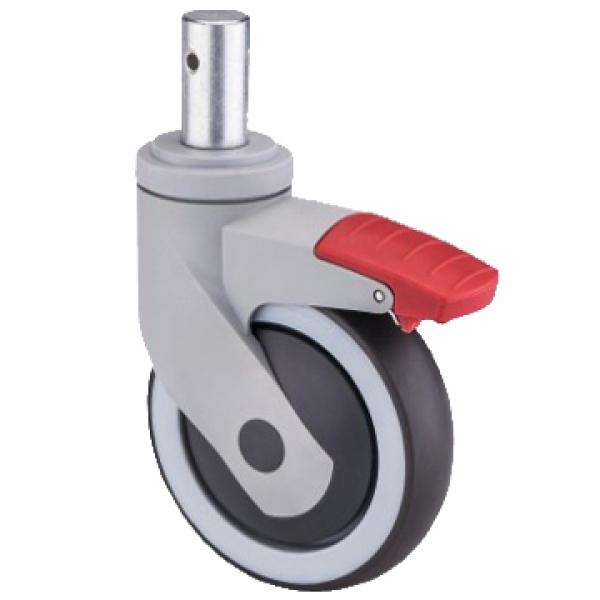
Q: Are there any special considerations to keep in mind when selecting medical casters for use in surgical settings?
A: Yes, there are several special considerations to keep in mind when selecting casters for use in surgical settings. First and foremost, it is important to choose casters that are designed to minimize noise and vibration. This can help reduce distractions during surgery and improve patient outcomes.
In addition, medical casters used in surgical settings should be easy to clean and sanitize. This is important to prevent the spread of infection and ensure a sterile environment.
Finally, it is important to select medical casters that are designed to provide stable and secure support for surgical equipment. This can help prevent accidents and injuries during surgery and ensure that the equipment remains in the proper position throughout the procedure.
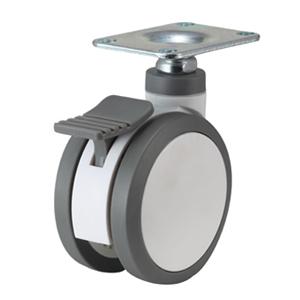
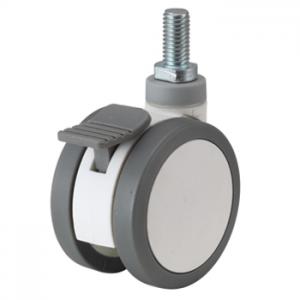
Q: Can medical casters be customized to meet specific needs within healthcare facilities?
A: Yes, many manufacturers offer medical casters that can be customized to meet the specific needs of healthcare facilities. This may include features such as different wheel materials, custom locking mechanisms, or specialized designs to accommodate unique equipment or devices.
When considering customized medical casters, it is important to work with a reputable manufacturer that has experience in developing casters for healthcare facilities. This can help ensure that the casters will meet all necessary safety and performance requirements, and will be able to provide reliable support for the equipment or device being used.

 English
English Spanish
Spanish German
German Russian
Russian Arabic
Arabic Portuguese
Portuguese Italian
Italian French
French Hebrew
Hebrew Turkish
Turkish